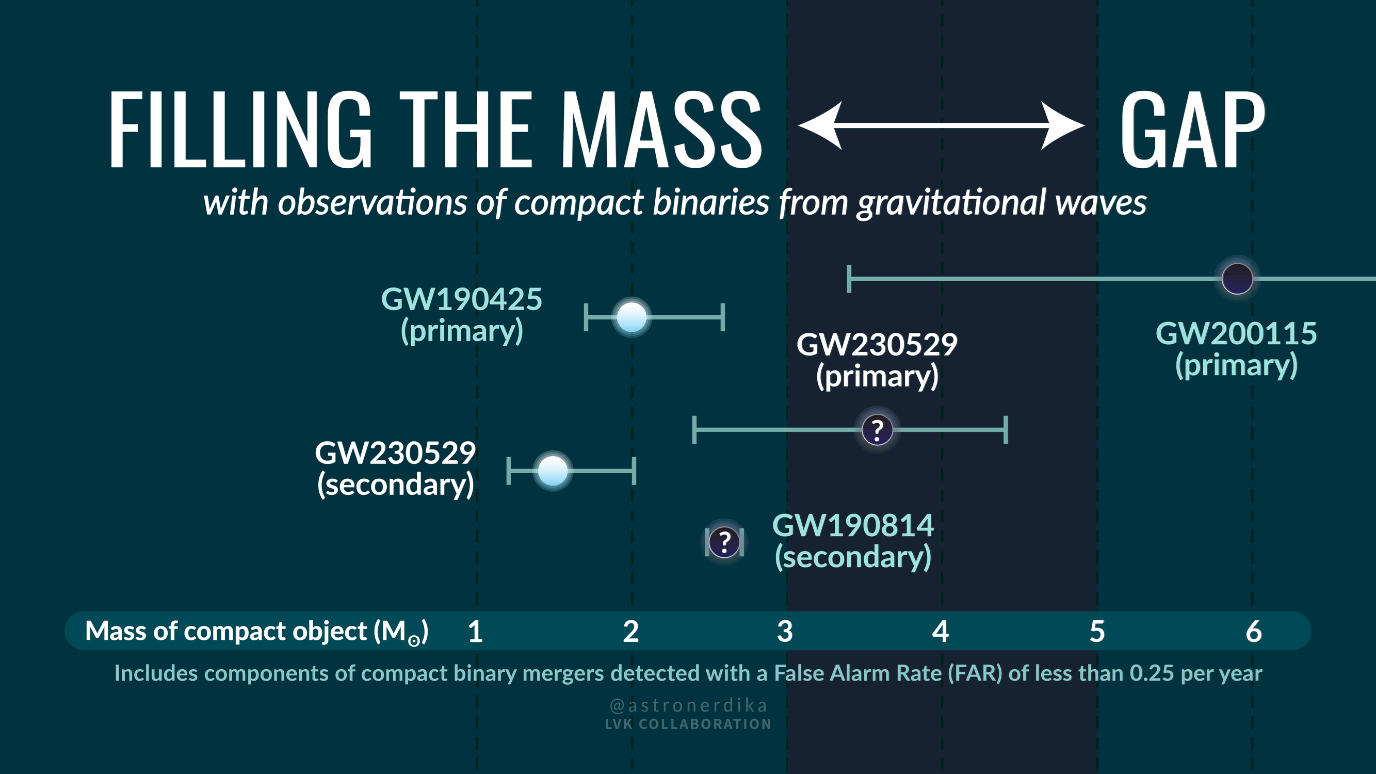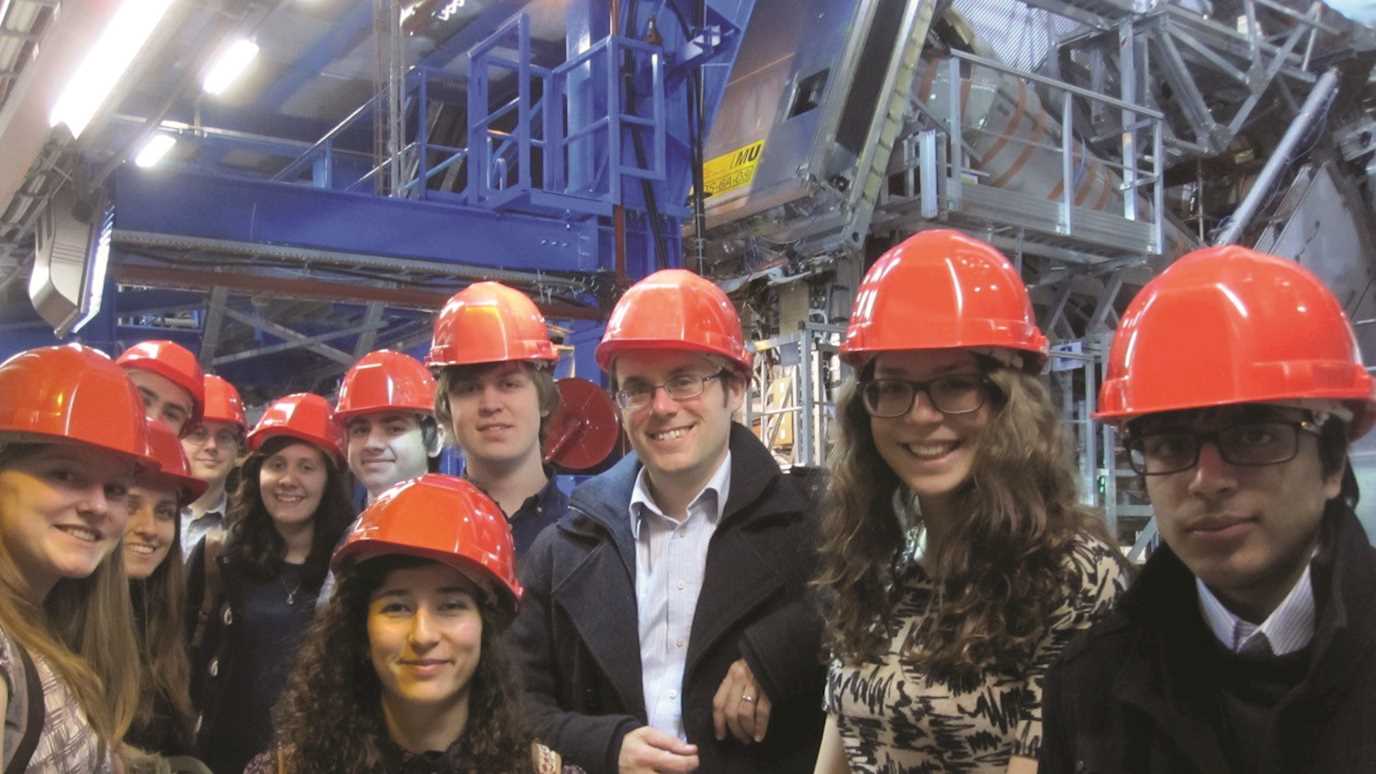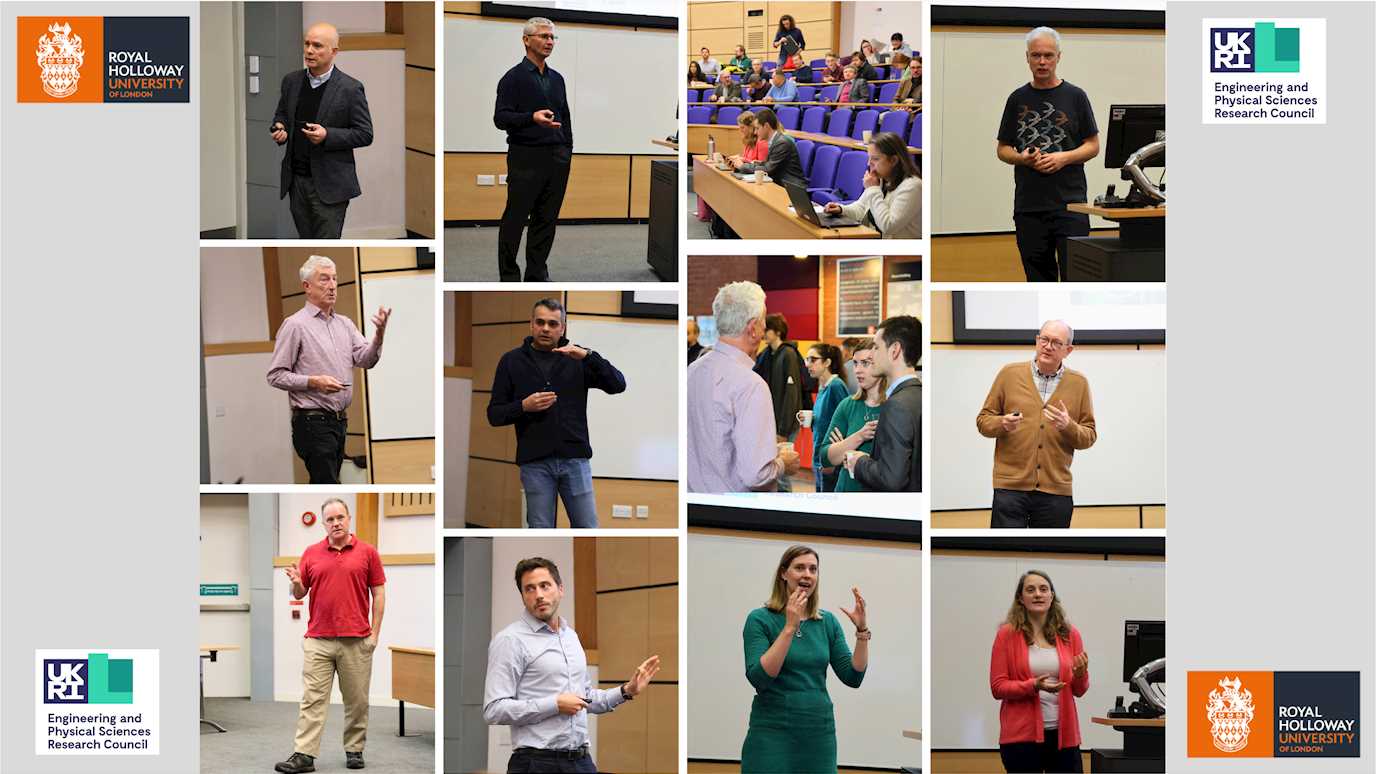Black holes are some of the most mind-bending objects we have discovered so far. What are they? How do they come to be? How do they work? These are just a few of the questions that researchers at Royal Holloway and all around the world are trying to answer right now.
To celebrate Black Hole Week 2022, we decided to shed some light on these objects and share some perspective on the cutting-edge black hole research Royal Holloway is doing.
If you are not entirely sure what black holes are, don’t worry! You can think of them as very heavy spheres that are being orbited by a lot of hot and dense matter. This orbiting matter is often called an accretion disk and you really do not want to be anywhere near it – the temperatures there can easily reach one million degrees! Black holes live a very long life and the bigger they are, the longer they last. The biggest ones are expected to be in the centres of galaxies, and we call them supermassive black holes, however black holes exist in a variety of sizes. Some could theoretically be microscopic, but we have not observed microscopic black holes yet.
The logo of Black Hole Week.
Observing a black hole is actually very challenging as they do not emit any visible light. Scientists therefore have to look for inventive and creative ways to find them. This is where Royal Holloway researchers come into play. One of the ways to monitor black holes when they collide is to detect gravitational waves, so we talked to Dr Gregory Ashton, who is leading on gravitational wave research at Royal Holloway.
“Einstein figured out that if you have two big masses, two black holes for example, going around each other, they create these perturbations of space-time that we call gravitational waves,” Dr Ashton said early into our interview. A good analogy, he suggested, would be thinking about the calm surface of a pond, and the small waves that form when you throw a pebble in it. In this analogy, the surface of the pond is spacetime, and the ripples are gravitational waves. “These [gravitational waves] come from objects which don't produce any electromagnetic radiation. So, for example, when two black holes collide there is no light produced, or at least we don't think there is. We haven't seen any and so we wouldn't be able to see those [collisions].”
In simple terms, gravitational waves serve as messengers letting us know about black holes and their collisions. “I think that from a fundamental physics perspective, black holes are something which I find fascinating as an object, they have been theoretically predicted about 100 years ago, believed to be something which could be real for about the last 50 years and experimentally observed only in the last few decades. So we're really at the cusp of knowledge in trying to understand these things and gravitational waves offer us a whole new way to do that and see them in great detail”, Dr Ashton said.
What is the next challenge for gravitational wave research? “Now we're sort of struggling to process the number of events that we have and in the future, this is just going to absolutely blow us out of the water. We can't handle it. So the way that we need to operate is to automate things and build robots and tools which sort of automatically do the measurements,” Dr Ashton said. The amount of data is going to grow more and more with new upgrades to the detector, so scientists need to develop new methods that rely on artificial intelligence and machine learning. This is a particularly promising field in which current and future students at Royal Holloway will be involved in.
























